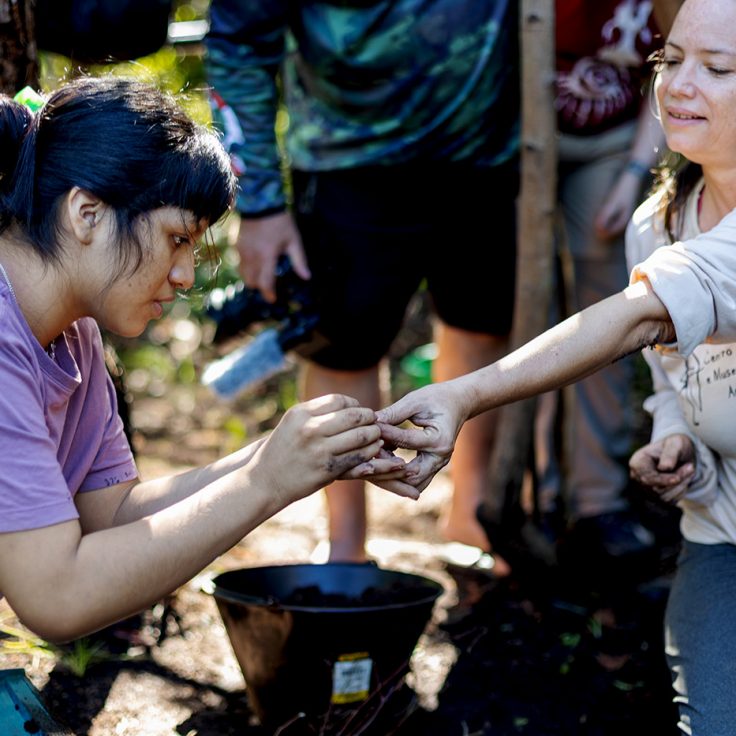
Voters stand in line at a polling station. Adobe Stock.
The hidden motive behind U.S. voters’ stance on noncitizen voting
A new study exposes a driving force fueling debate on voting rights
The right to vote is a cornerstone of electoral democracy, but a new study suggests that support for this principle often hinges on the perception of who will benefit. The findings shed light on a hotly debated topic of noncitizen voting rights in the United States.
On one hand, critics argue that allowing noncitizens to vote in local elections threatens the integrity of national-level elections. On the other, supporters advocate for these rights to uphold democratic representation. The study, published in the American Political Science Review, uncovers a more pragmatic motivation behind these stances.
According to University of Florida political scientist Hannah Alarian, co-author of the study, “U.S. voters are more likely to support granting noncitizens the right to vote locally if it benefits their own party. Both Democratic and Republican voters oppose noncitizen voting rights if they believe noncitizens would vote for the opposing party.”
Focusing solely on noncitizen participation in local elections, such as school boards and town councils, the study clarifies a puzzling phenomenon.
“There are just as many efforts to (re)enfranchise noncitizens as there are to disenfranchise noncitizens from local elections in the U.S.,” Alarian said. “We wanted to know more about why the public may support extending voting rights in one case and support a ban in another.”

The researchers hope that sharing these findings will contribute to a deeper understanding of why and where noncitizens are granted voting rights locally. The study also prompts reflection on the broader inclusion and exclusion dynamics within American democracy. Notably, Alarian explains, felons and individuals under 18 years old often lack local voting rights, irrespective of citizenship.
Noncitizens are constitutionally barred from voting in national elections, although they were legally allowed to do so until the late 1920s. Currently, nineteen different localities allow noncitizens to vote in local elections, while at least seven states prohibit it entirely. In Florida, a 2020 referendum banned noncitizens from voting locally.
Looking ahead, Alarian and co-author Stephanie Zonszein plan to further investigate the mobilization and impact of disenfranchisement efforts. They aim to comprehensively understand the myriad factors shaping American attitudes toward extending noncitizen voting rights beyond partisan motivations.
“The right to vote is part of the foundation of American democracy,” Alarian said. “Understanding decisions to include and exclude residents from voting is critical, especially in public opinion.”
Read the full study here.


